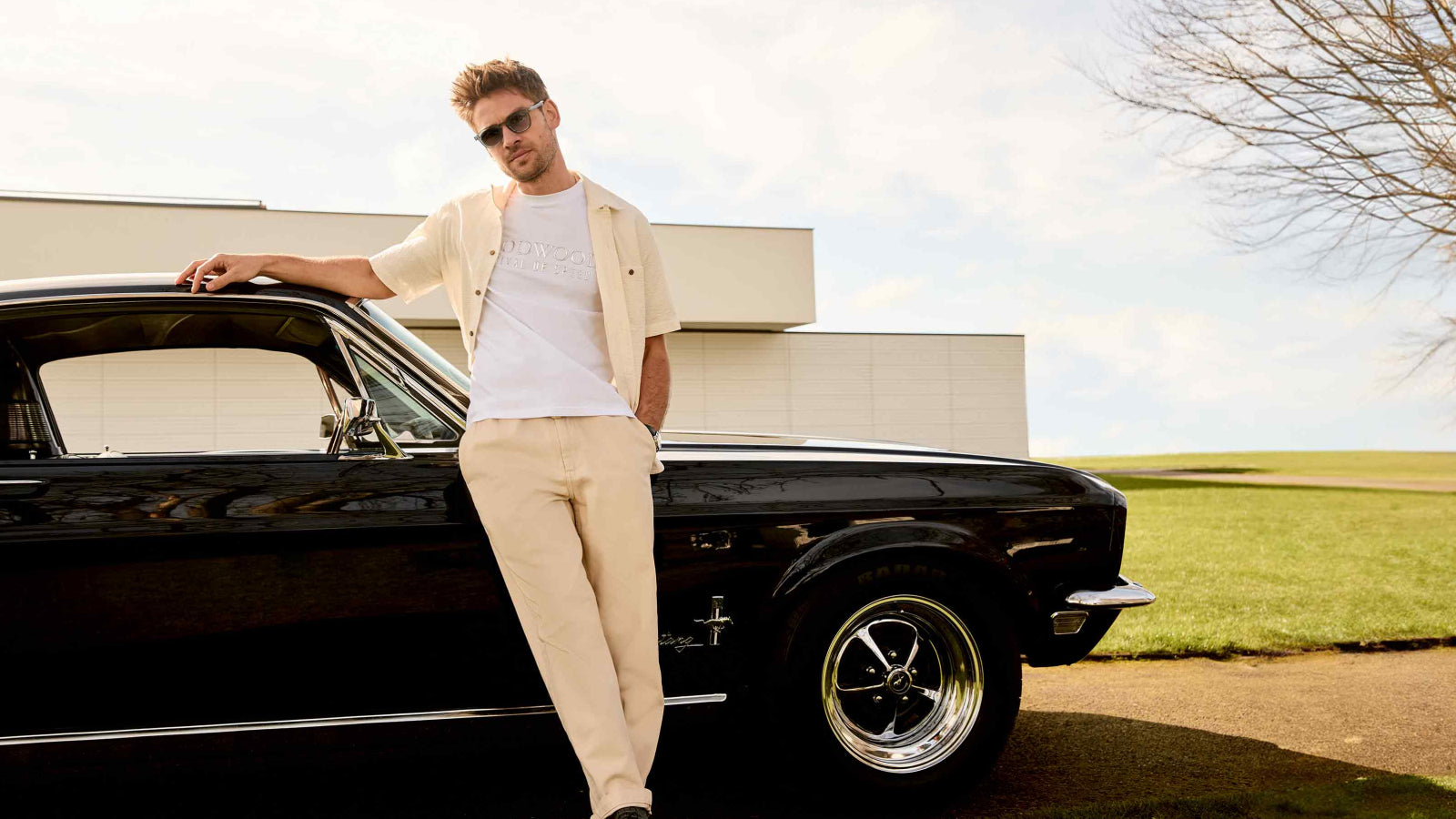BAC to build hydrogen-powered Mono
The BAC Mono is going green, as the British supercar maker partners with Viritech on FCEV tech, a cleantech pioneer, to work on the project. Far from press release posturing, the project will be the foundation of BAC’s zero-emissions strategy for 2030 and beyond.

Viritech is a recipient of the Niche Vehicle Network Feasibility Study Grant, funded by the Office for Zero Emission Vehicles and will be using it on feasibility studies on hydrogen powertrains for niche vehicles. Viritech’s hardware includes H2 optimised energy management systems, structural pressure vessels and lightweight energy stores. The recipient vehicle will be a prototype Mono, in which energy stores that are as lightweight as possible will be very important.
The marque insists that while the pursuit of zero-emission propulsion for its products is ongoing, the principles of lightweighting and driver enjoyment must be retained, saying that “lightness has always been a core principle for the Mono supercar, and BAC is proud to partner with Viritech to continue this approach”.

While a number of manufacturers have explored battery-electric technology for future performance applications, BAC is near-enough unique as something of a legacy marque, especially given the very lightweight and focused kinds of cars it produces, in walking the hydrogen route. It’ll be curious to see the results once we’ve numbers to crunch.
“We are delighted to be working with Viritech and their ground-breaking approach to FCEV,” said Neill Briggs, BAC Co-Founder and Director of Product Development.
“Technology has always been at the forefront of our development, and we remain committed to exploring new automotive innovations within all that we do. Alternative fuels, along with lightweight construction methods, reduces vehicle emissions considerably without compromising driver engagement, something we are committed to preserving at BAC.”
BAC
Mono
Hydrogen





